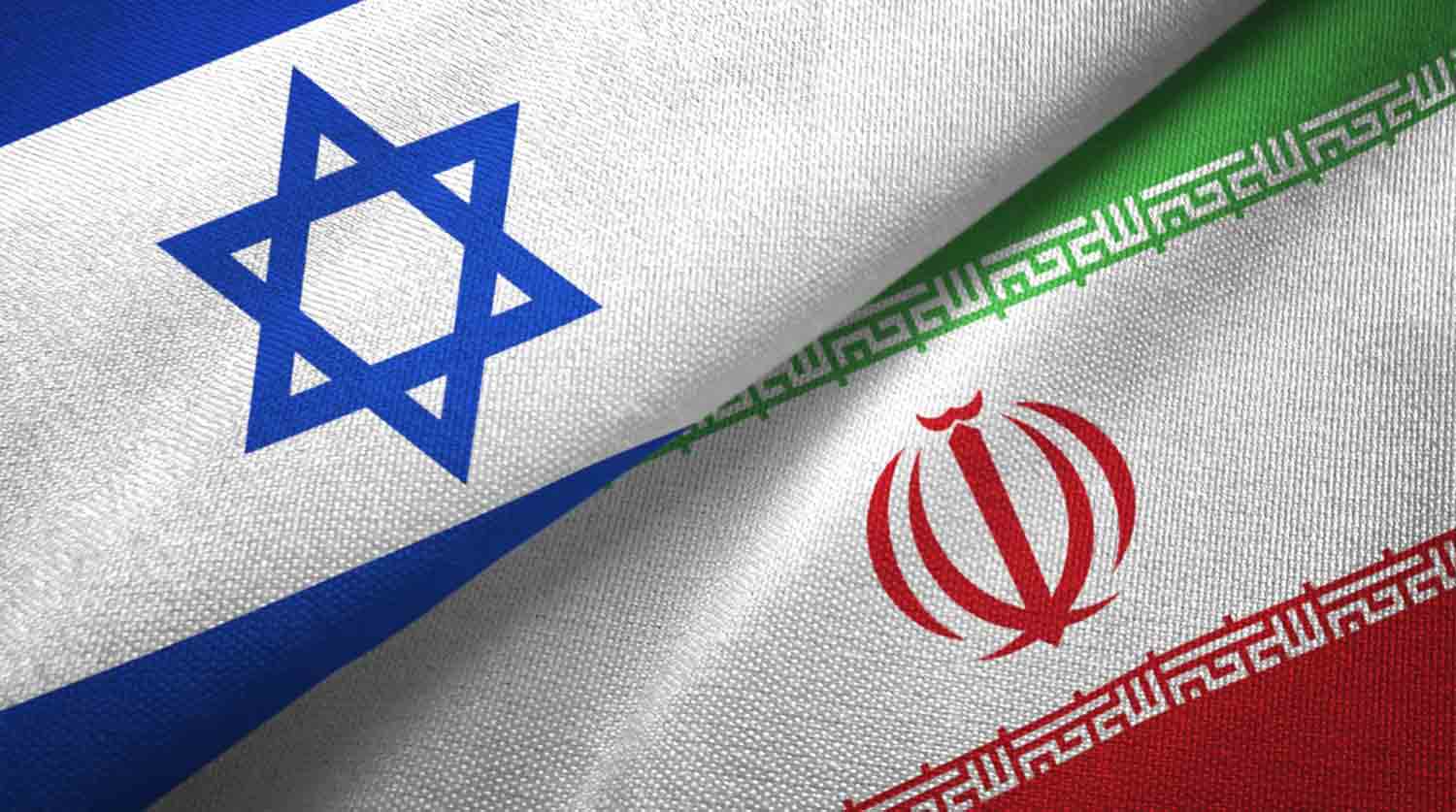Israel has not dismissed the possibility of launching an attack on Iran‘s nuclear facilities in the upcoming months, despite President Donald Trump informing Israeli Prime Minister Benjamin Netanyahu that the U.S. is currently not inclined to endorse such an action, as reported by an Israeli official and two other sources familiar with the situation.
Israeli leaders have committed to preventing Tehran from obtaining nuclear weapons, with Netanyahu asserting that any negotiations with Iran must result in the complete dismantling of its nuclear program.
U.S. and Iranian negotiators are scheduled to engage in a second round of preliminary nuclear discussions in Rome on Saturday. In recent months, Israel has presented the Trump administration with various options for attacking Iran’s facilities, including plans targeting late spring and summer timelines. These proposals encompass a combination of airstrikes and commando operations, varying in intensity, which could potentially delay Tehran’s nuclear weaponization efforts by several months to over a year, according to the sources.
The New York Times reported that during a White House meeting earlier this month, Trump conveyed to Netanyahu that Washington aims to focus on diplomatic negotiations with Tehran and is not prepared to support a military strike on Iran’s nuclear sites in the near term.
However, Israeli officials now believe that their military could conduct a limited strike on Iran that would necessitate less support from the U.S. This potential attack would be considerably smaller than the initial proposals put forth by Israel.
It remains uncertain if or when Israel might proceed with such a strike, particularly with nuclear deal discussions underway. Such an action could potentially alienate Trump and jeopardize broader U.S. support for Israel.
According to two former senior officials from the Biden administration, parts of the plans were shared with the administration last year, as reported by Reuters. Most of these plans required substantial U.S. involvement, either through direct military action or intelligence collaboration. Additionally, Israel has sought assistance from Washington to bolster its defenses in the event of an Iranian retaliation.
When asked for a comment, the U.S. National Security Council directed Reuters to remarks made by Trump on Thursday. He indicated that he has not discouraged Israel from taking military action but is not eager to support an attack on Tehran at this time.
“I believe Iran has the potential to become a prosperous nation and live in peace,” Trump stated. “That is my primary preference. If a second option arises, it would be detrimental for Iran, and I sense that Iran is open to dialogue.”
The office of the Israeli prime minister did not provide an immediate response to the inquiry. However, a senior Israeli official informed Reuters that no decision regarding a strike on Iran has been finalized.
A high-ranking Iranian security official indicated that Tehran is aware of Israeli military planning and warned that any attack would elicit a “severe and resolute response from Iran.” The official stated, “We have credible intelligence indicating that Israel is preparing a significant assault on Iran’s nuclear facilities. This is driven by frustration with the ongoing diplomatic negotiations concerning Iran’s nuclear program, as well as Netanyahu’s need for conflict to ensure his political survival.”
PUSHBACK FROM THE BIDEN ADMINISTRATION
Netanyahu faced resistance from the Biden administration when he presented an earlier iteration of the plan. The former senior officials noted that Netanyahu sought U.S. leadership in conducting airstrikes, but the Biden administration advised Israel that a strike would not be wise unless Tehran escalated its nuclear material enrichment or expelled inspectors from the country. The Biden officials also raised concerns about the capability of Israel’s military to effectively execute such an operation.
Former officials and experts have consistently indicated that Israel would require substantial military assistance and weaponry from the U.S. to effectively target Iran’s nuclear sites, many of which are located underground. Although the more limited military action Israel is contemplating would necessitate less direct support—especially regarding U.S. bombers deploying bunker-busting munitions capable of penetrating deeply buried facilities—Israel would still seek assurances from Washington for defense support in the event of retaliation from Tehran, according to sources.
Any military action would entail significant risks. Experts in military and nuclear fields suggest that even with overwhelming force, such a strike would likely only provide a temporary setback to a program that the West believes is aimed at developing a nuclear bomb, a claim Iran disputes.
Israeli officials have recently communicated to Washington their belief that U.S. negotiations with Iran should not advance to the deal-making phase without a firm commitment that Tehran will not acquire the capability to produce a nuclear weapon.
“This can be achieved through an agreement, but only if it resembles the Libyan model: they enter, destroy the facilities, and dismantle all equipment under American oversight,” Netanyahu stated after discussions with Trump. “The alternative is that Iran prolongs the negotiations, leading to a military option.”
From Israel’s viewpoint, this may be an opportune moment to strike Iran’s nuclear installations. A senior Israeli official, addressing reporters earlier this month, acknowledged the urgency of acting before Iran enhances its air defenses. However, the official declined to provide a timeline for any potential Israeli action, deeming such discussions “pointless.”
Discover more from Defence Talks | Defense News Hub, Military Updates, Security Insights
Subscribe to get the latest posts sent to your email.





